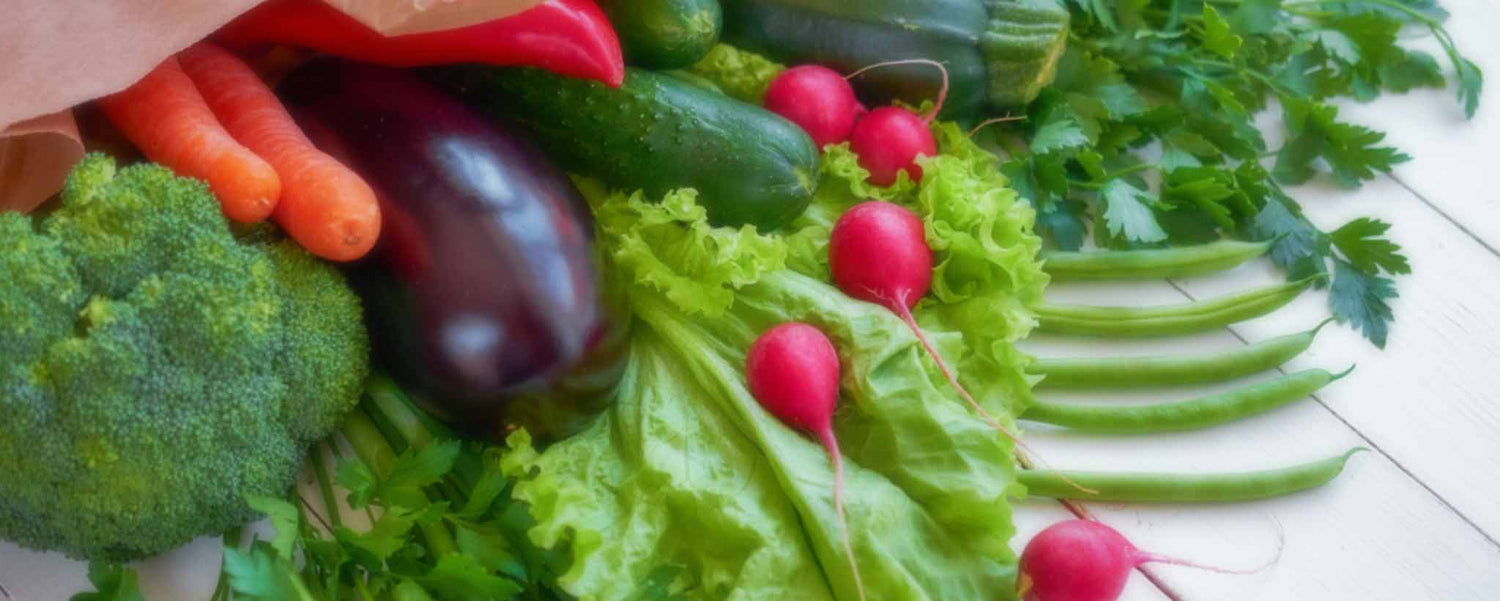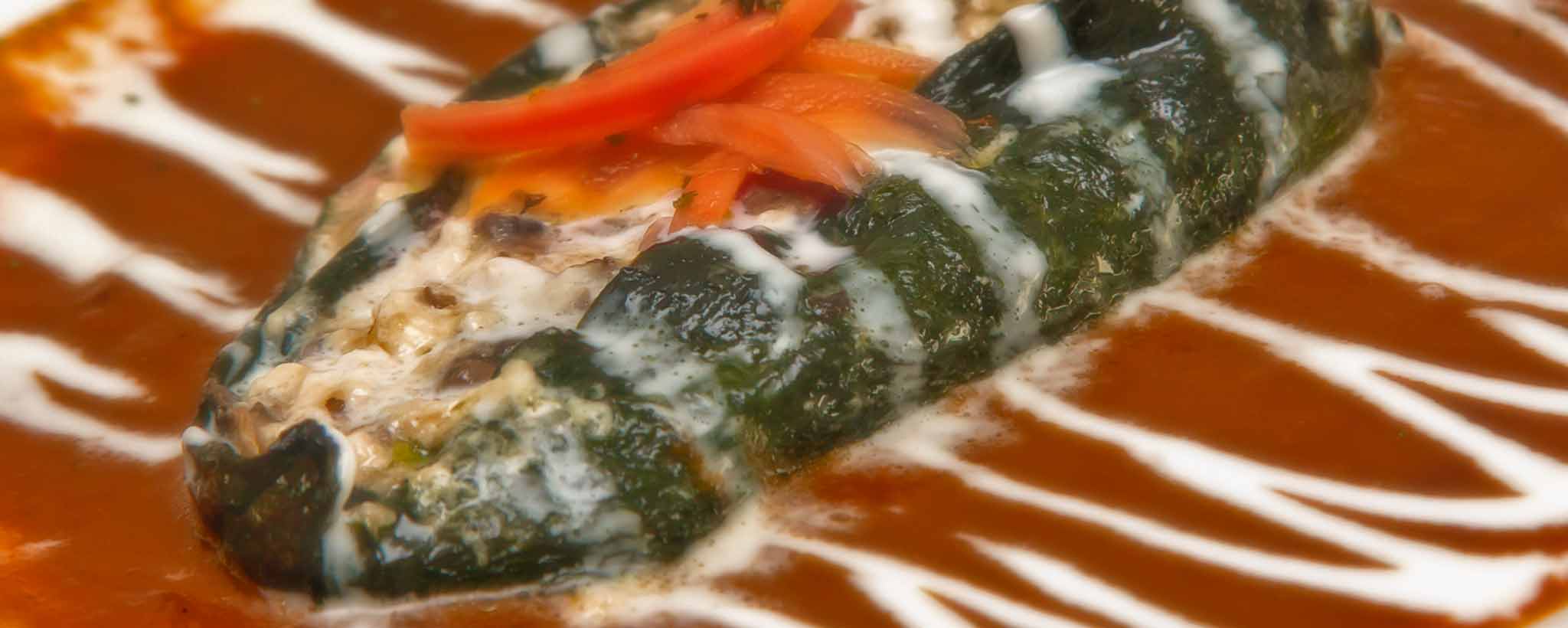Publish 15 September 2022
Millions of people with chronic kidney disease must alter their diets. This can be daunting and requires assistance.
Declining Kidney Health
Tyler was healthy during his childhood. Poor eating habits and lack of exercise led to diabetes in adulthood. Then he began complaining of backaches and dark urine. Blood and urine lab tests revealed a problem. CT scans confirmed the suspicion. He had large stones within one kidney.
During a transurethral hospital procedure, the stones were broken up with a laser. Thereafter, a low-oxalate diet was recommended. Tyler didn’t follow through so additional stones formed.
There were several percutaneous nephrolithotomies in both kidneys. This is the surgical removal of kidney stones through an incision. Tyler developed keloids within his kidneys combined with his diabetes. Lab reports eventually confirmed chronic kidney disease (CDK).
Tyler now requires dialysis and his meal plan is more restrictive than the low-oxalate diet originally recommended. The series of unfortunate events now impress upon him the importance of following recommendations by his care provider.
Dietary Changes

CDK is a common condition in the United States, affecting 1 in 7 adults—that’s nearly 37 million people. [1] With CKD, the kidneys are damaged and do not clean your blood as well as healthy kidneys do. With the kidneys not functioning properly, extra waste and fluid can accumulate in the body, leading to related issues like stroke or heart disease.
While CKD is typically managed through treatments like medication or home dialysis, [2] there are other lifestyle changes patients can make to improve their kidney function and slow the progression of the disease. One of these changes includes following a healthy, physician-led diet.
While it may not be possible to manage CKD entirely through your diet, following a kidney-friendly diet can help to slow the progression of the disease. Here are some tips for eating well when living with chronic kidney disease.
What Is a Renal Diet?
A low-oxalate diet differs from a renal diet, though your nutritionist may customize a plan that includes aspects of both, based on your condition. A renal is a diet that is focused on your kidney health. This diet is often paired with heart-healthy or diabetic diets, as CKD frequently happens alongside these other conditions.
By eating foods that are geared toward each of these conditions, you’re not only slowing down the progression of kidney disease—you’re also promoting all-around wellness.
There are two aspects to a renal diet:
- Adding foods that promote kidney health
- Minimizing foods that harm your kidneys
Foods that Promote Good Kidney Health
Kidney-friendly foods boost kidney function while also preventing future damage. To promote good kidney health, focus on foods that are rich in vitamins, antioxidants, and fiber.
Here are some of the best foods to eat when following a renal diet [3]:
Prepare Meals With These Foods
- Bell peppers
- Berries
- Fish
- Cauliflower
- Egg whites
- Cabbage
- Skinless chicken
- Onions
- Macadamia nuts
- Pineapple
Nutrients to Reduce Chronic Kidney Disease
Although dietary requirements vary from patient to patient, everyone with kidney disease should restrict these four nutrients [4]:
Sodium
Excess sodium causes your body to retain water. As you hold excess water, your heart and kidneys have to work harder to move and excrete that fluid. To decrease your sodium intake, pay close attention to food labels and avoid adding salt when preparing food. Opt for low- or no-sodium options whenever possible.
Potassium
To build up your blood when the kidneys aren’t functioning properly, consume potassium. Pay attention to the fruits and vegetables that are high in potassium and eat them sparingly.
Restrict These Potassium-Rich Foods
- Avocado
- Bananas
- Bran cereals, granola
- Broccoli
- Brussels sprouts
- Cantaloupe, honeydew melons
- Dried beans
- Greens (cooked), collards
- Kale, spinach, Swiss chard
- Oranges, juice
- Nuts, nut butters
- Molasses
- Prune juice
- Pumpkin and winter squash
- Salt substitutes or “lite” salt
- Tomatoes, sauce, juice
Phosphorus
As CKD progresses, the kidneys become unable to filter out phosphorus. Just like potassium, this mineral can build up in your blood and cause several issues, including bone disease. Dairy products are high in phosphorus, so those should be consumed sparingly.
Minimize These High-Phosphorus Foods [5]
- Beens/
Lentils - Dairy
- Nuts
- Organ Meats
- Pork
- Poultry
- Quinoa
- Seafood
- Soy
- Sunflower/
Pepitas - Whole Grains
Avoid processed foods with added phosphates, including processed meats, cola beverages, baked goods, fast foods, and convenience foods.
Protein
Those with CKD should limit their protein intake, without eliminating them. A high-protein diet is hard on the kidneys. [4,6]
Work Closely with Your Physician
Every kidney patient has unique needs, based on their age, lifestyle, and progression of the disease. For that reason, these guidelines should be viewed only as general guidance for all-around kidney health.
You can learn important lessons from Tyler’s experience. Maintain a healthy diet with regular exercise. Follow medical directions to prevent chronic conditions. If you’re living with chronic kidney disease, please do not make any major dietary changes before consulting with your physician.
To support the writing of useful articles about nutrition, ClinicalPosters sells human anatomy charts, scientific posters, and other products online. You may sponsor specific articles or remit a small donation.
ClinicalPosters sells human anatomy charts, scientific posters, and other products online to offset expense of the writing useful articles about nutrition. Slide extra posters into DeuPair Frames without removing from the wall.
Show your support by donating, shopping for ClinicalPins, or leaving an encouraging comment to keep the research going.
To support the writing of useful articles about nutrition, ClinicalPosters sells human anatomy charts, scientific posters, and other products online. You may sponsor specific articles or remit a small donation.
ClinicalPosters sells human anatomy charts, scientific posters, and other products online to offset expense of the writing useful articles about nutrition. Slide extra posters into DeuPair Frames without removing from the wall.
ClinicalPosters sells human anatomy charts, scientific posters, and other products online. You may remit a small donation.
You can support the writing of useful articles about nutrition by sponsoring specific articles or remitting a small donation. Visible content is optimized for device size.






 Romance & Health Intertwine. Fall in love with a captivating romance miniseries that explores the essence of well-being. Become a ClinicalNovellas library member for heartwarming tales.
Romance & Health Intertwine. Fall in love with a captivating romance miniseries that explores the essence of well-being. Become a ClinicalNovellas library member for heartwarming tales.




